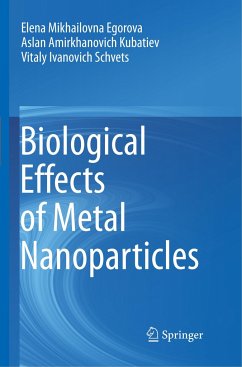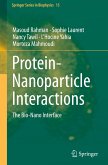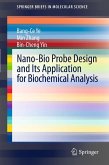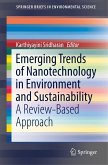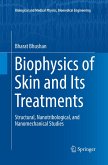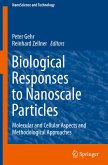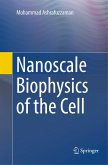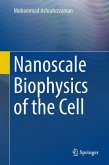Thisbook offers a comprehensive overview of recent studies conducted on thebiological effects of metal nanoparticles. It also provides a solid theoreticalfoundation and various metal nanoparticle synthesis methods.
PartI reviews the main chemical methods used for synthesizing metal nanoparticlesin a solution and describes original method of biochemical synthesis, as wellas some special procedures developed specifically for studying the biologicalactivity of nanoparticles.
PartII analyzes current literature on the effects of metal nanoparticles observedin microorganisms and addresses the influence of silver nanoparticles obtainedby biochemical synthesis on biological objects on various organization levels,namely on microorganisms, acellular slimmold, unicellular alga, plant seeds andmammalian cells.
Thelast section explains the central problems common in studies on the biologicaleffects of metal nanoparticles and outlines potential uses of this trendinbio-nanotechnologies.
Thisbook is aimed at specialists, professors and students aspiring to expand theirknowledge about the biological activities of metal nanoparticles andnanoparticle-containing materials.
PartI reviews the main chemical methods used for synthesizing metal nanoparticlesin a solution and describes original method of biochemical synthesis, as wellas some special procedures developed specifically for studying the biologicalactivity of nanoparticles.
PartII analyzes current literature on the effects of metal nanoparticles observedin microorganisms and addresses the influence of silver nanoparticles obtainedby biochemical synthesis on biological objects on various organization levels,namely on microorganisms, acellular slimmold, unicellular alga, plant seeds andmammalian cells.
Thelast section explains the central problems common in studies on the biologicaleffects of metal nanoparticles and outlines potential uses of this trendinbio-nanotechnologies.
Thisbook is aimed at specialists, professors and students aspiring to expand theirknowledge about the biological activities of metal nanoparticles andnanoparticle-containing materials.

